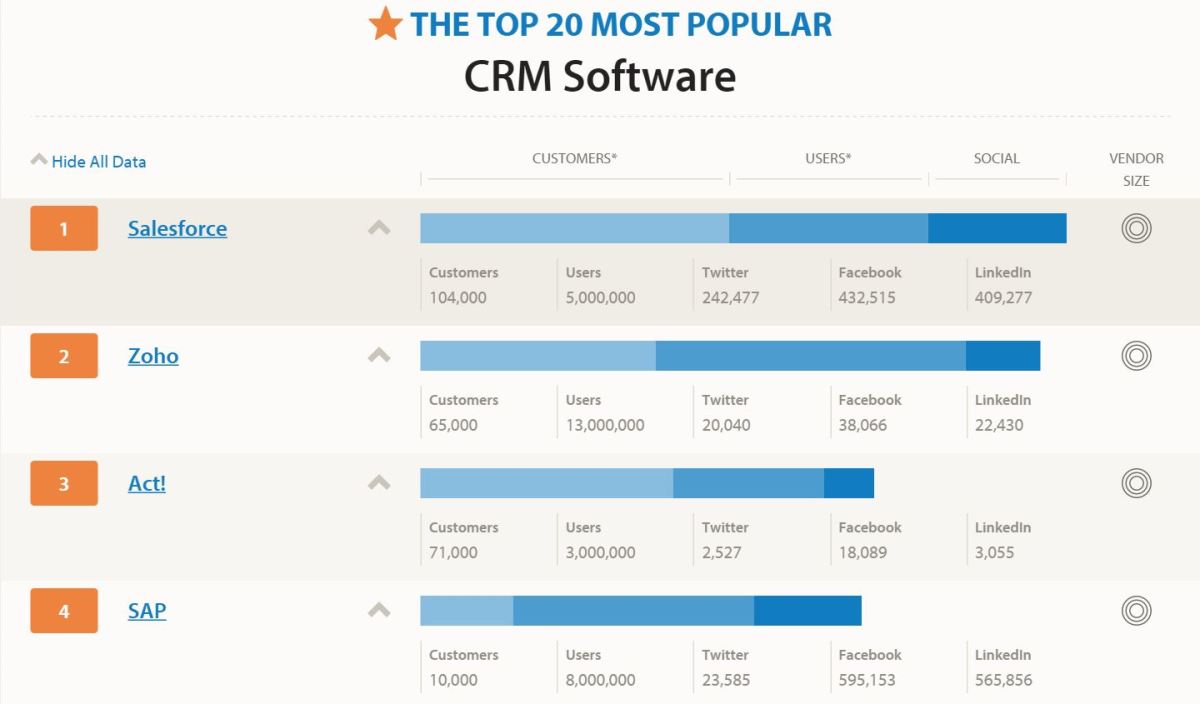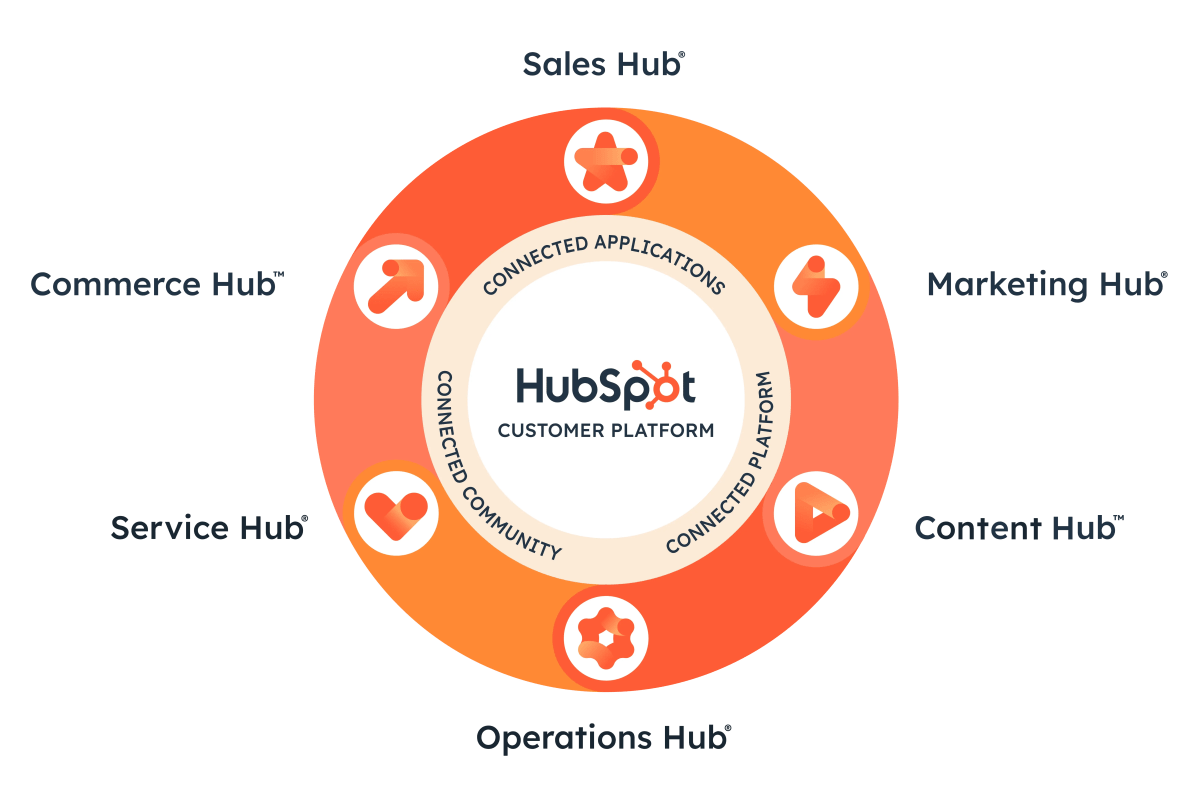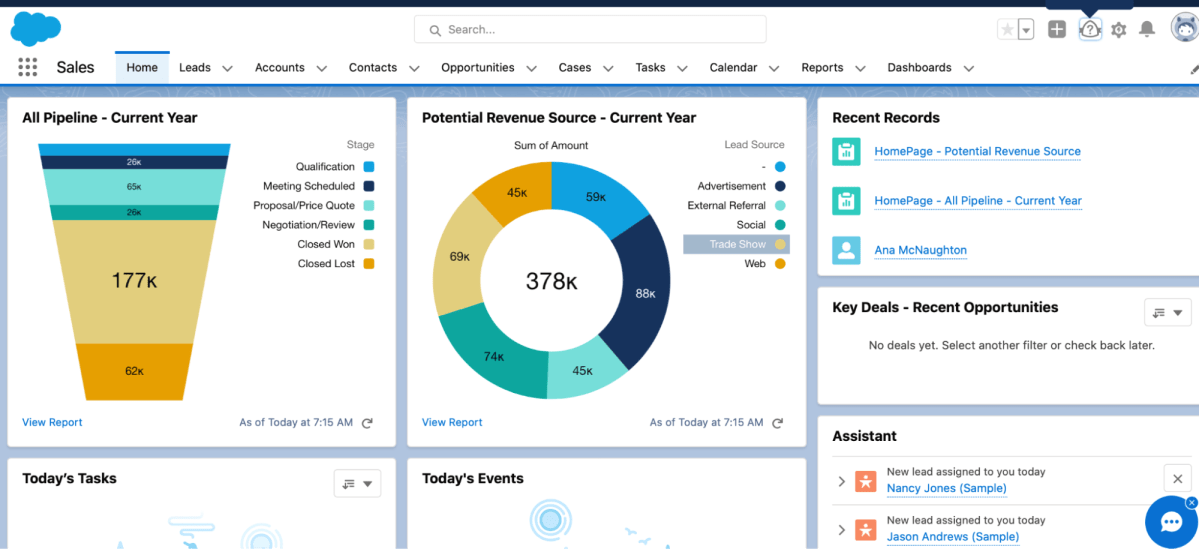CRM System Pricing: 7 Shocking Truths You Can’t Ignore
Navigating CRM system pricing can feel like decoding a secret language. With so many options, hidden fees, and confusing tiers, businesses often overpay or underutilize their systems. Let’s break it down—clearly and completely.
Understanding CRM System Pricing: The Basics

Customer Relationship Management (CRM) systems have become essential tools for businesses aiming to streamline sales, marketing, and customer service operations. However, one of the biggest hurdles organizations face is understanding how CRM system pricing works. It’s not just about monthly fees per user—there are layers, variables, and long-term implications that can significantly impact your budget and ROI.
What Is CRM System Pricing?
CRM system pricing refers to the cost structure associated with acquiring, implementing, and maintaining a CRM platform. These costs vary widely depending on the vendor, deployment model (cloud vs. on-premise), number of users, feature set, and integration needs. Unlike a one-time software purchase, modern CRM solutions are typically subscription-based, billed monthly or annually.
- Subscription-based models dominate the market
- Pricing often scales with user count and functionality
- Hidden costs can include training, customization, and support
According to Gartner, over 70% of mid-sized and large enterprises now use cloud-based CRM systems, making subscription pricing the norm.
Why CRM Pricing Matters for Your Business
Choosing the wrong CRM due to poor understanding of pricing can lead to budget overruns, underused features, or even system abandonment. A 2023 Salesforce report found that companies with properly aligned CRM investments see up to 48% higher sales productivity. Conversely, mismatched pricing plans can result in wasted spending on unused features or insufficient capabilities that hinder growth.
“Pricing isn’t just a number—it’s a reflection of value alignment between vendor and customer.” — CRM Industry Analyst, Forrester Research
Understanding CRM system pricing helps you avoid costly surprises and ensures you’re investing in a solution that scales with your business needs.
Types of CRM Pricing Models
Not all CRM systems charge the same way. Different vendors use different pricing models, and understanding these is crucial for making an informed decision. The model you choose will affect not only your upfront costs but also long-term scalability and flexibility.
Per-User Pricing
This is the most common CRM system pricing model, where businesses pay a fixed fee for each user per month. For example, HubSpot charges $45/user/month for its Professional Sales Hub, while Salesforce Sales Cloud starts at $25/user/month for its Essentials plan.
- Best for teams with a stable number of users
- Can become expensive as your team grows
- Some vendors offer discounts for annual billing
Vendors like Zoho CRM offer tiered per-user pricing, starting as low as $14/user/month, making it accessible for small businesses.
Flat-Rate Pricing
Some CRM platforms offer a flat monthly fee regardless of the number of users. This model is ideal for small teams or startups that want predictable costs without worrying about per-seat charges.
- Examples include Insightly’s Project & Team plan at $29/month for up to 2 users
- Limits scalability if your team expands rapidly
- Often includes fewer advanced features
Flat-rate pricing simplifies budgeting but may lack the depth needed for growing sales organizations.
Tiered Feature-Based Pricing
In this model, pricing is based on the features included in each plan. Basic plans offer core CRM functions like contact management and lead tracking, while premium tiers add automation, analytics, and AI-powered insights.
- HubSpot’s tiers range from Free to Enterprise
- Salesforce offers Essentials, Professional, Enterprise, and Unlimited editions
- Higher tiers often include API access and custom workflows
This model allows businesses to pay only for the features they need, but upgrading later can lead to significant cost jumps.
Hidden Costs in CRM System Pricing
While vendors advertise low starting prices, the true cost of a CRM often exceeds the listed rate. Hidden fees can add 20–50% to your total spend over time, making it essential to scrutinize the full cost of ownership.
Implementation and Onboarding Fees
Many CRM vendors charge extra for setup, data migration, and user training. Enterprise solutions like Microsoft Dynamics 365 or Oracle CRM can charge thousands of dollars for onboarding alone.
- Implementation fees range from $1,000 to $25,000+ for complex deployments
- Some vendors offer free onboarding for annual contracts
- DIY setups reduce costs but increase time investment
According to Capterra, 42% of businesses underestimate implementation costs when selecting a CRM.
Customization and Integration Expenses
Integrating your CRM with existing tools (e.g., email, ERP, marketing automation) often requires custom development or third-party connectors. Zapier, for example, charges $19–$99/month for CRM integrations, while native integrations may require developer hours.
- Custom fields, workflows, and dashboards add to development time
- API usage limits may trigger overage fees
- Third-party apps in marketplaces can increase monthly costs
For instance, Salesforce AppExchange apps can cost $25–$500+/month, quickly inflating your CRM system pricing.
Support and Upgrade Costs
Basic support is often included, but premium support (24/7, dedicated account managers) comes at a premium. Additionally, some vendors charge for major version upgrades or advanced training.
- Salesforce offers Premium Support for $1,000+/month
- On-premise CRMs require IT staff for maintenance
- Cloud CRMs usually include automatic updates
Ignoring support costs can lead to downtime and reduced user adoption.
Top CRM Platforms and Their Pricing Breakdown
To make informed decisions, let’s compare some of the leading CRM platforms and their CRM system pricing structures. This breakdown will help you evaluate which solution fits your budget and business needs.
CRM system pricing – CRM system pricing menjadi aspek penting yang dibahas di sini.
Salesforce: The Enterprise Leader
Salesforce dominates the CRM market with a comprehensive suite of tools. Its pricing reflects its power and scalability.
- Essentials: $25/user/month (basic CRM)
- Professional: $80/user/month (automation, reporting)
- Enterprise: $165/user/month (customization, API access)
- Unlimited: $330/user/month (24/7 support, sandbox)
Salesforce also charges extra for Einstein AI ($50+/user/month) and Pardot for marketing automation ($1,250/month for up to 10K contacts). Implementation can cost $10,000–$50,000 for mid-sized businesses.
Learn more at Salesforce Pricing.
HubSpot: The All-in-One Challenger
HubSpot offers a freemium model with powerful free tools, making it popular among startups and SMBs.
- Free CRM: $0 (unlimited users, basic features)
- Starter: $15/month (marketing & sales tools)
- Professional: $800/month (up to 5 users, advanced automation)
- Enterprise: $3,200/month (advanced analytics, custom objects)
HubSpot’s pricing is user-based at higher tiers, but its free tier is one of the most generous in the industry. However, costs rise quickly with additional hubs (Marketing, Service, CMS).
Explore pricing at HubSpot CRM Pricing.
Microsoft Dynamics 365: The Integrated Powerhouse
Dynamics 365 integrates tightly with Microsoft 365 and Azure, making it ideal for organizations already in the Microsoft ecosystem.
- Sales Professional: $65/user/month
- Customer Service: $95/user/month
- Marketing: $200/user/month
- Enterprise plans start at $210/user/month
Dynamics 365 also offers flexible licensing and hybrid deployment options. However, implementation complexity often requires third-party consultants, adding to CRM system pricing.
Visit Dynamics 365 Pricing for details.
Factors That Influence CRM System Pricing
Several variables affect how much you’ll pay for a CRM. Understanding these factors helps you negotiate better deals and avoid overpaying.
Number of Users
Most CRM vendors scale pricing linearly with the number of users. Adding 10 users to a $50/user/month plan adds $500/month. Some vendors offer volume discounts for 50+ users.
- Small teams benefit from flat-rate or free plans
- Larger organizations should negotiate enterprise agreements
- Consider role-based licensing (e.g., light users vs. full access)
For example, Zoho CRM offers a “Super Admin” license at $37/user/month and a “Standard” user at $23/user/month.
Deployment Model: Cloud vs. On-Premise
Cloud-based CRMs (SaaS) are subscription-based and require no hardware investment. On-premise solutions involve upfront licensing fees, server costs, and IT maintenance.
- Cloud: Lower upfront cost, predictable monthly fees
- On-Premise: Higher initial investment, but more control and customization
- Hybrid models offer a middle ground
According to IDC, cloud CRM adoption grew by 18% in 2023, driven by scalability and remote work needs.
Industry-Specific Requirements
CRMs for healthcare, real estate, or financial services often include compliance features (HIPAA, GDPR), which increase development and maintenance costs.
- Healthcare CRMs may include patient portals and e-signature tools
- Real estate CRMs offer property management and lead routing
- Industry-specific templates and workflows add value—and cost
Vendors like Salesforce Health Cloud charge $300+/user/month due to specialized functionality.
How to Choose the Right CRM Based on Pricing
Selecting a CRM isn’t just about finding the cheapest option—it’s about maximizing value. Here’s how to align CRM system pricing with your business goals.
Assess Your Business Needs
Start by identifying your core requirements: Do you need sales automation? Marketing campaigns? Customer service ticketing? A mismatch between needs and features leads to wasted spending.
- Map out key workflows (lead to close, support ticket resolution)
- Identify must-have vs. nice-to-have features
- Involve sales, marketing, and IT teams in the evaluation
A CRM that’s too basic will limit growth; one that’s too advanced will bloat your budget.
Calculate Total Cost of Ownership (TCO)
TCO includes subscription fees, implementation, training, integrations, and support over a 3–5 year period.
- Example: A $50/user/month CRM for 20 users = $12,000/year
- Add $5,000 implementation + $2,000/year integrations = $19,000 first year
- Over 3 years: ~$51,000
Compare TCO across vendors to make apples-to-apples comparisons.
CRM system pricing – CRM system pricing menjadi aspek penting yang dibahas di sini.
Negotiate and Leverage Free Trials
Most CRM vendors offer free trials (14–30 days). Use this time to test performance, usability, and integration capabilities.
- Ask for discounts on annual billing (10–20% savings)
- Negotiate waived onboarding fees
- Request extended trials for complex deployments
Enterprise buyers can often secure custom pricing and dedicated support.
Future Trends in CRM System Pricing
The CRM landscape is evolving, and pricing models are adapting to new technologies and market demands.
Rise of AI-Powered Features
AI is becoming a standard in CRM, offering predictive lead scoring, chatbots, and automated data entry. However, AI features often come at a premium.
- Salesforce Einstein starts at $50/user/month
- HubSpot’s AI tools are included in Enterprise
- Microsoft Copilot for Dynamics 365 adds $30/user/month
Expect AI to become bundled in mid-tier plans by 2025, reducing add-on costs.
Pay-As-You-Go and Usage-Based Models
Some vendors are experimenting with usage-based pricing—charging based on emails sent, API calls, or contacts managed.
- Amazon Connect (CRM-like) uses pay-per-use pricing
- SendGrid (email integration) charges per email
- True pay-as-you-go CRM models are still rare but emerging
This model benefits businesses with fluctuating activity but can be unpredictable.
Consolidation of Sales, Marketing, and Service Hubs
Vendors are bundling CRM with marketing automation, customer service, and commerce tools into unified platforms.
- HubSpot’s “Flywheel” model integrates all functions
- Salesforce Customer 360 offers a single customer view
- Bundled pricing can reduce costs vs. buying separate tools
However, bundled suites may force you to pay for unused modules.
What is the average cost of a CRM system?
The average CRM system pricing ranges from $12 to $250 per user per month. Small businesses often pay $12–$50/user/month, while enterprise solutions can exceed $300/user/month when factoring in add-ons and implementation.
Are there any truly free CRM systems?
Yes, several CRMs offer free plans with robust features. HubSpot CRM is completely free for unlimited users with core functionalities. Zoho CRM and Freshsales also offer free tiers for up to 3 users. However, advanced features like automation and reporting require paid upgrades.
How can I reduce CRM system pricing costs?
You can reduce costs by choosing annual billing (saves 10–20%), starting with a basic plan and scaling up, using built-in integrations instead of third-party tools, and leveraging free training resources. Also, negotiate with vendors for volume discounts or waived setup fees.
Is cloud CRM cheaper than on-premise?
Cloud CRM typically has lower upfront costs and predictable monthly fees, making it cheaper for most businesses. On-premise CRM requires significant initial investment in servers, licenses, and IT staff, though it may be more cost-effective over 5+ years for large enterprises with in-house IT.
What hidden costs should I watch for in CRM pricing?
Watch for implementation fees, data migration costs, user training, premium support, API overages, third-party app subscriptions, and renewal price hikes. Always request a detailed quote and review the contract for automatic renewal clauses.
CRM system pricing is more than just a monthly fee—it’s a strategic investment in your business’s growth and efficiency. From understanding pricing models to uncovering hidden costs and evaluating top platforms, the key is to align cost with value. By assessing your needs, calculating total ownership costs, and staying aware of future trends like AI and usage-based pricing, you can choose a CRM that delivers maximum ROI. Don’t let confusing pricing structures deter you; with the right knowledge, you can find a solution that fits both your budget and your business goals.
CRM system pricing – CRM system pricing menjadi aspek penting yang dibahas di sini.
Further Reading:


